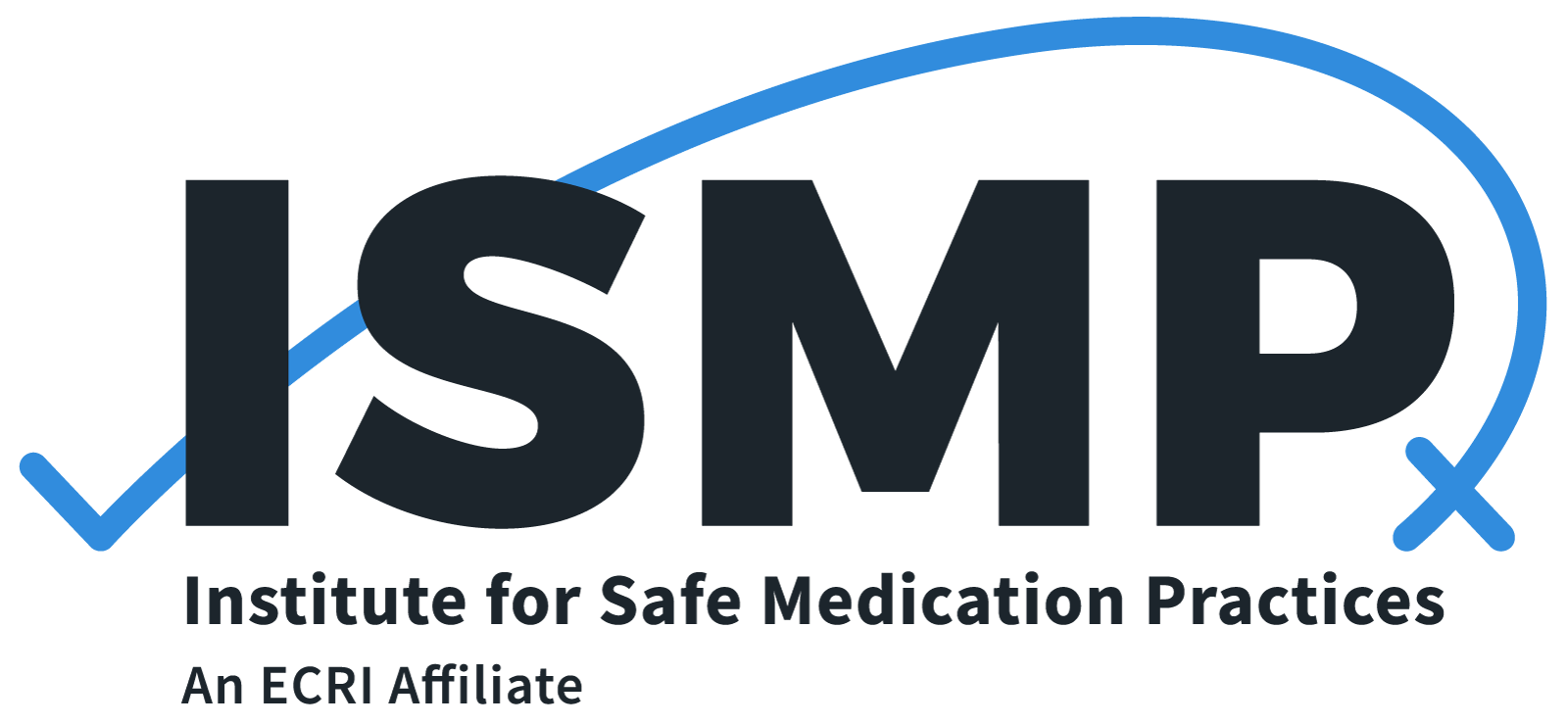ECRI and ISMP PUBLIC STATEMENT | Medication Errors are Complex; Criminal Charges Will Not Improve Care
The recent criminal conviction of a former registered nurse due to a fatal medication error has shaken the healthcare foundation to its core. While this is not the first time a patient has been harmed from a wrong medication or wrong dose, this case sets a precedent that can potentially lead to a shutdown in reporting of adverse events, creating a cloak of silence rather than a culture of safety.
ECRI and the Institute for Safe Medication Practices (ISMP) PSO, the nation’s largest patient safety organization, has worked diligently with healthcare providers since 2008 to collect and analyze medical errors, learn from the errors, and most importantly, share information to help providers prevent future errors. We fear that the recent criminalization of a health care provider may stifle open and transparent learning as healthcare providers weigh the risks of disclosing an error within their organization or reporting an error to a PSO for learning.
While some may hope that the conviction of a single individual for an unintended error will forcefully incent providers and organizations to do better, for the majority of the healthcare community, criminalization of providers could wipe out the years of progress that organizations have made in creating a culture of safety and transparency to talk about patient safety events and work towards improvements.
“We firmly believe that criminalizing providers for unintended harm will hinder rather than improve healthcare in the future,” says Marcus Schabacker, MD, PhD, president and CEO of ECRI.
This culture of safety, and the federal legislation that supports patient safety organizations, motivates providers to voluntarily report medical errors to create a national community of learning. Patients, healthcare organizations, and providers all benefit from a culture that supports ongoing reporting and learning.
In effect, criminalizing clinicians will eliminate the open dialogue that is needed to understand the root causes of errors and apply solutions to those problems. Prosecuting even one provider ultimately punishes all providers and patients by driving patient safety efforts underground and reversing years of progress to bring patient safety to the forefront.
“While our legal system allows for the criminalization of human error even in the absence of any intent to cause harm, ISMP, along with other professional and patient safety organizations, believe the criminal charges and the guilty verdict set a dangerous precedent and have worrisome implications for safety, particularly for one of the key pillars of a culture of safety—reporting of medical errors,” says Rita K. Jew, PharmD, MBA, BCPPS, FASHP, president of ISMP.
To learn more, we invite you to read in-depth coverage and analysis in the ISMP Medication Safety Alert!® newsletter article Criminalization of Human Error and A Guilty Verdict: A Travesty of Justice that Threatens Patient Safety. A list of ISMP and other resources on preventing errors with neuromuscular blockers and automated dispensing cabinets is available at this link on the website.
